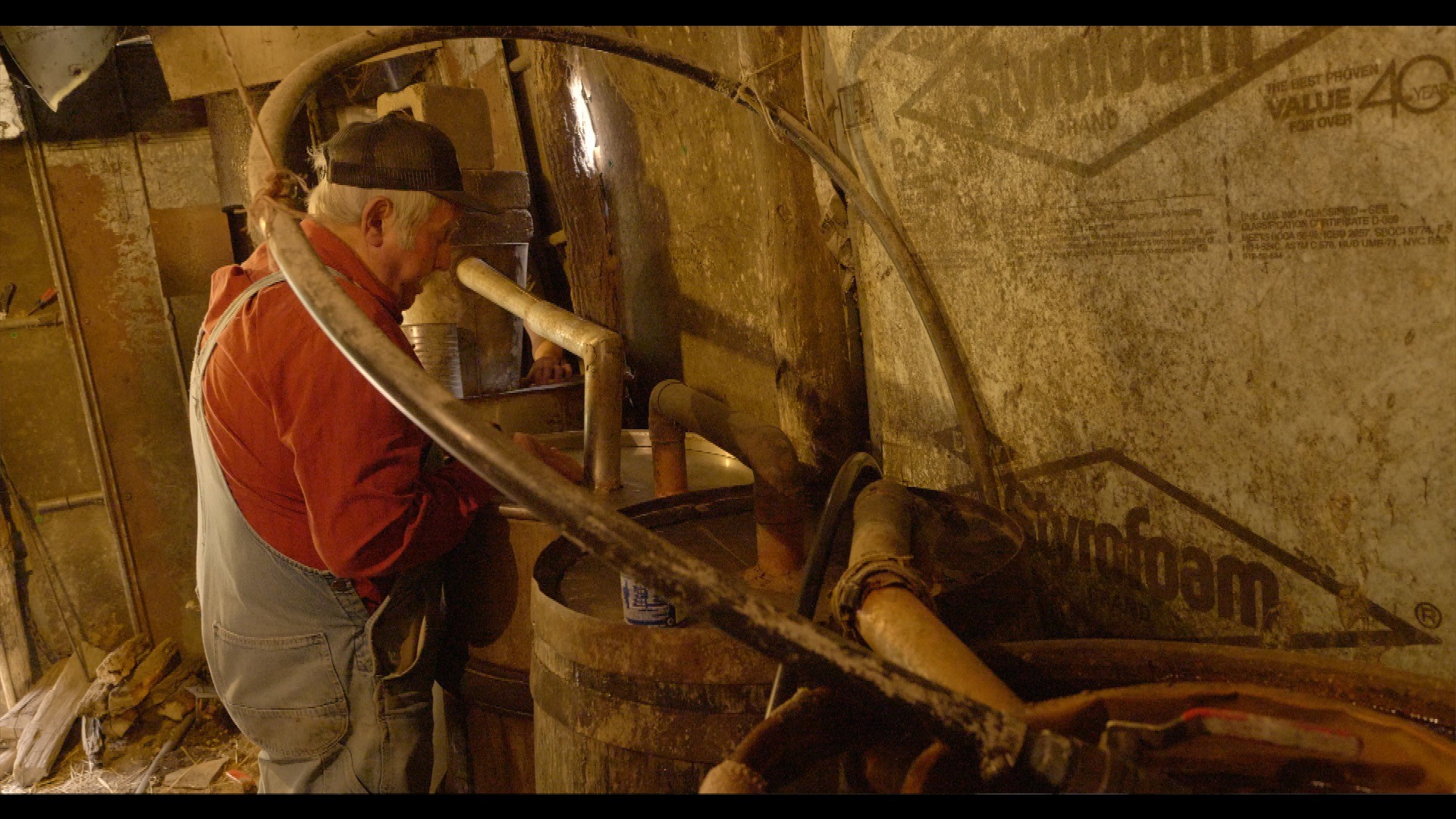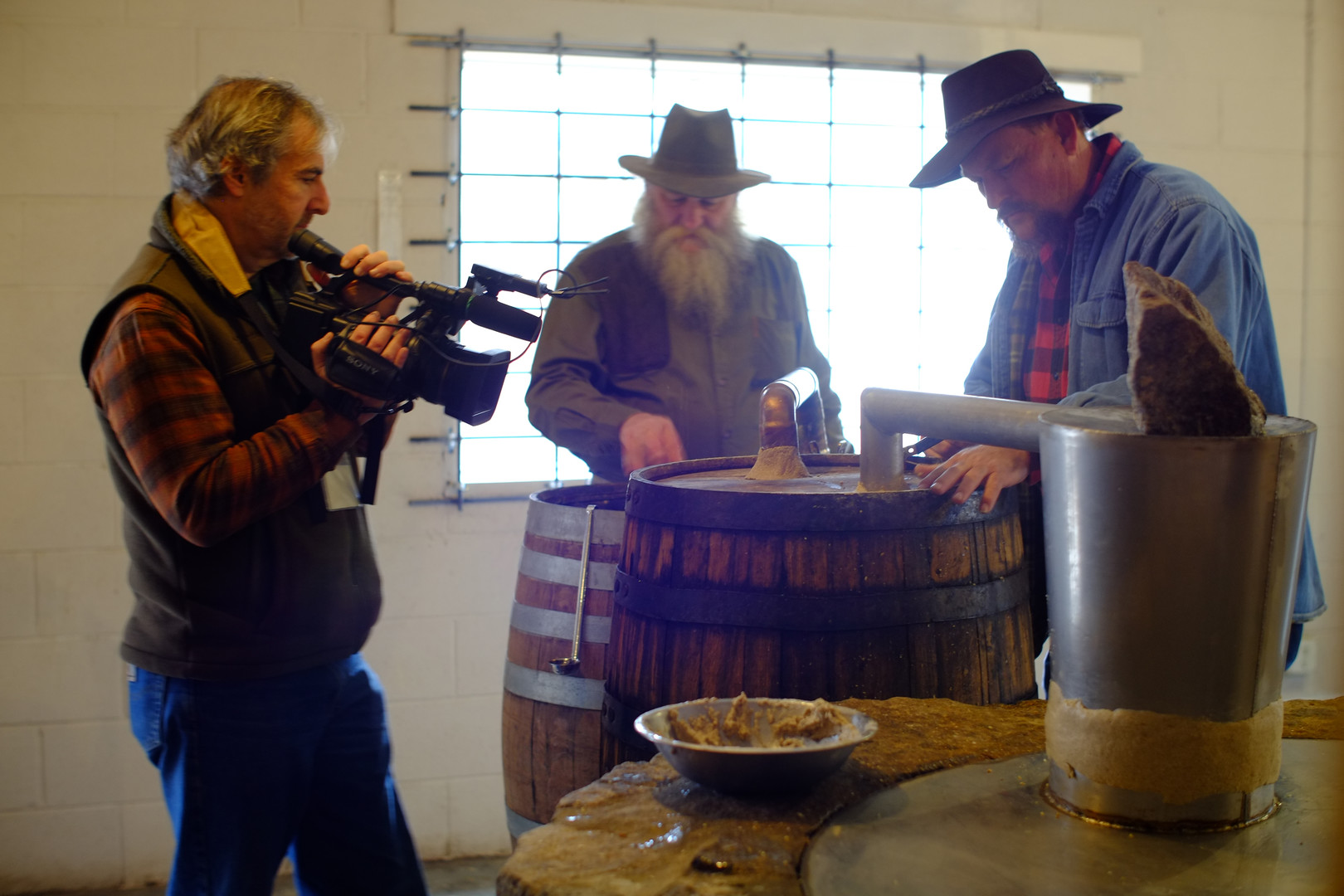
The Spirits Still Move Them
Films
58MIN
David Weintraub is an award-winning film director having produced over 40 films that have screened at film festivals around the world and on public television. He is the founder and director of the Center for Cultural Preservation that seeks to preserve mountain culture through a multi-county Mountain Elder Wisdom Project that has completed more than 400 videotaped oral histories with mountain elders in half a doezn southern states. Weintraub believes that understanding how people lived their lives before Walmarts and plastic devices ruled our lives is important to rekindle how WNC communities can find ways to live more resilient, more authentic lives. Weintraub has also published more than a dozen books, is a columnist with the Times-News and dabbles in law when he can find the time. As self-proclaimed environmental troublemaker for the area, Weintraub has worked with half a dozen environmental organizations including as director of the Environmental and Conservation Organization in order to create a better balance between development and protecting our natural inheritance. Finally, he is the owner of Weintraub Films, a boutique film production company, that produces documentary films for businesses and families that which to tell their story.
Director Statement
I was inspired by the first documentary I ever watched, the Edward R. Murrow gem, Harvest of Shame. Not only did it explain where our cheap food came from, but it chronicled the life of the farmworker and how our breadbasket was built upon the suffering of so many people. It taught me that not only how a documentary film could open our minds, but it could be a force for change. Harvest of Shame helped to changed conditions for farmworkers which ultimately led to Cesar Chavez and the United Farmworkers' efforts to change conditions for farmworkers for the better.
For me, filmmaking is about telling the rest of the story. In today's world, with everything black and white, red and blue, right and left, there is no room for discussion because there's no one worth talking to who isn't on "our side." By humanizing history and culture, we see our world in a new light opening the possibility that we can find our back home as a community once again. I find myself at the intersection between preserving cultural legacies and reconnecting people to their natural world. That's where a whole new world is opened before our eyes.
Although this film is not about social justice or environmentalism per se, it hopefully brings people closer to the roots of our country's history. If we can see our grandparents in there somewhere, then we can connect people to each other. To me, that's the most important thing a filmmaker can do.
Credits
Directed by David Weintraub
Written by David Weintraub
Production Company Center for Cultural Preservation
Produced by David Weintraub









